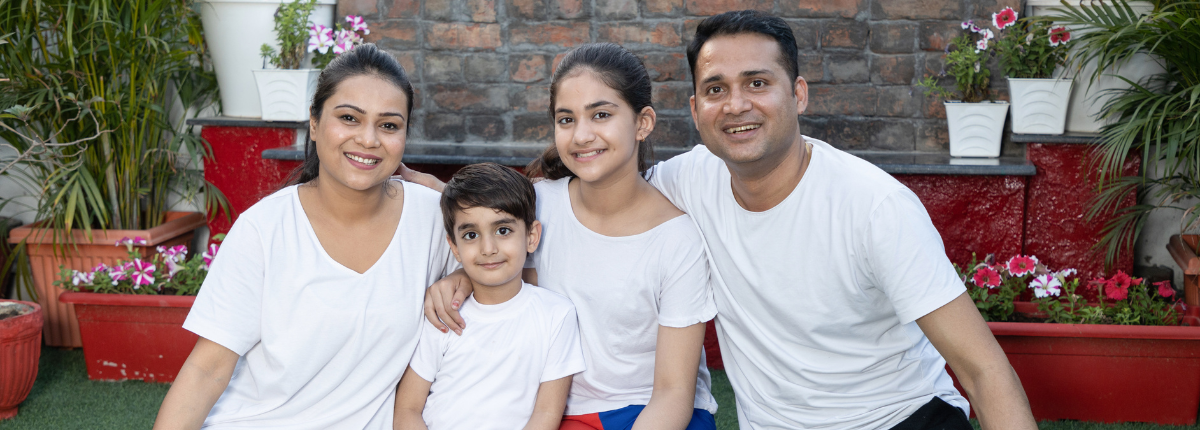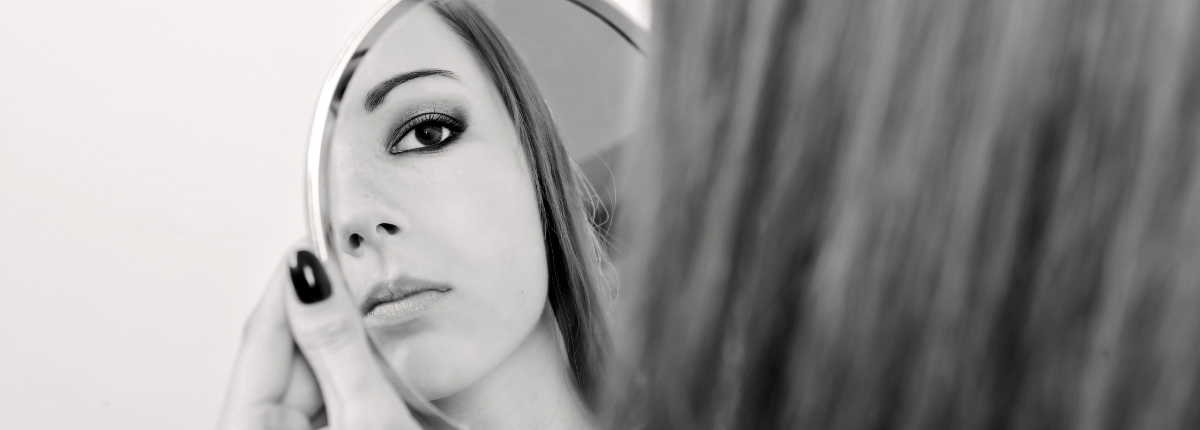Resolutions aren’t really my thing. I am all for “clean slates” and “fresh starts” and any other similar optimistic metaphors that apply that help put us in a positive frame of mind where we feel motivated and can make meaningful progress toward achieving a goal. The issue I have, rather, is the word that lies at the root of resolution – resolve – that takes on a particular and, too often, intensely pernicious significance, that operates as a brutal code of self-monitoring, self-denial, and self-punishment for those of us who struggle with eating disorders.
Content note: mentions of eating disordered behaviors and compulsive exercise
For years, at virtually every step of my complicated and obsessive dance with anorexia, I have conjured and mobilized that word in the service of the goal of being thin, thinner, thinnest. I have resolved to deny myself. I have resolved to not give in. I have resolved to not feel.
During National Eating Disorders Awareness Week, I thought a lot about the concept of well-being (so slippery and hard to grasp) and the space the gym holds for me relative to that. In my struggles with anorexia I have had periods of recovery where I have loosened my resolve and lived well without engaging in behaviors, yet the one thing I have not been able to successfully relinquish at any point is my compulsion to over-exercise.
Last month, I came across a social media post that asked whether gym staff should have an ethical duty of care to members who show visible signs of disordered eating behavior. The resounding response was yes but opinions varied with respect to how a duty of care might be enacted, and even what ‘care’ means and/or looks like in the context of a business that profits from individuals signing up and using its facilities. A few commented that memberships should be suspended in cases where members appear very frail, sick, or injured and that staff should not hesitate to approach these individuals and express concern for their health and wellbeing.
Reading these posts, I felt troubled. I worried about how quickly and often certain bodies are pathologized, labelled as anorexic, when nothing is in fact known about them beyond what the eye can see. I felt despair about the ways in which the comments seemed to reinforce stereotypes and commonly held yet deeply misguided beliefs and assumptions about eating disorders; for example, that they are always visible and that weight and appearance are reliable indicators of health, and, thus, of who is struggling.
I felt upset by the persistent lack of acknowledgment concerning the fact that an eating disorder is above all a serious mental illness and how uncompassionate it is to assume therefore that a complete stranger who is not a qualified professional should be able to offer unsolicited advice. I felt the burning shame of years past when, struggling hard with anorexia and on the verge of psychological collapse, I found myself publicly called out one day. I felt (and still feel) stupid and embarrassed that after so much time living with this illness, I don’t have any answers.
This year, I want to think about and put into practice a revolution, not a resolution. I want to get to a place where I can begin to enact a fundamental shift in my way of being in the world, moving away from the rigidity and strictness toward self that has for so long defined my attitude, and charting instead a path of progression, seeking wholeness. I want to meet others on this same path, who are similarly in revolt, rejecting what society dictates should be their reason for dieting and working out (that they/we are not enough).
I want to look to the way I treat others – with kindness, compassion, and genuine caring – as a model for how I need to treat myself. When that dictatorial and disparaging inner voice awakens, telling me I have no right to nourish myself. I want to be strong enough to refuse it and to trust my body that it knows its needs and wants. I want to honor and not fear my hunger. I want to take up space when the world is telling me to be small. I want to exercise because I want to, not because I feel a sense of duty.
I want to move my body, pay attention to how it feels, and learn what it likes and dislikes rather than being distracted by calories. I want to engage in exercise as a way to feel deeply and differently rather than as a way to numb. I want to exercise in a body that is at peace, not in pain. I want to be present in this body. I want to be at home in this body. I want to come home to this body. I want. In 2018 comes the revolution.
Alyson Hoy is a writer and scholar from Vancouver BC, Canada. She writes to explore the ways in which identity and illness are implicated in each other and to consider how art-making can be a means for healing. She believes that sharing one’s story can be a means by which to overcome the shame associated with having mental illness and to build community by connecting and bearing witness to the struggles of others.






